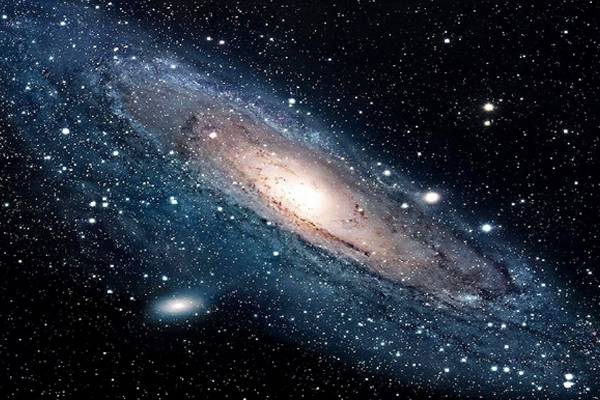
According to a recent study our universe has more than two trillion galaxies, which is ten times more than what it was previously thought.
Astronomers have always thought that how many galaxies there are in the observable universe and the part of the cosmos from where the light from distant objects has had the time to reach us.
In the last 20 years, Hubble Space Telescope images have been used by the scientists to estimate that, our universe which we can see has around 100 to 200 billion galaxies.
With the current technology that we have it allows us to study only the ten percent and the rest 90 percent can be only seen when bigger and better telescopes are developed, said researchers led by Christopher Conselice from University of Nottingham in the United Kingdom.
Aaron Wilkinson, a PhD student at Nottingham, performed the initial galaxy-counting analysis, which was crucial for establishing the feasibility of the large scale study.
The results of the study are based on the measurements of the number of observed galaxies at different epochs - different instances in time - through the universe\'s history.
When Conselice and his team, in collaboration with scientists from Leiden University in the Netherlands and the University of Edinburgh, examined how many galaxies there were at a given epoch they found that there were significantly more at earlier times.
When the universe was only a few billion years old there were 10 times more as many galaxies in a given volume of space as there is within a similar volume today.
Most of these galaxies, then had low mass systems with masses similar to those of the satellite galaxies surrounding the Milky Way.
"This is very surprising as we know that, over the 13.7 billion years of cosmic evolution since the Big Bang, galaxies have been growing through star formation and mergers with other galaxies," said Conselice.
"Finding more galaxies in the past implies that significant evolution must have occurred to reduce their number through extensive merging of systems," Conselice said.
"We are missing the majority of galaxies because they are very faint and far away. The total number of galaxies in our universe is coined as a fundamental question in astronomy, and it boggles the mind that over 90 % of the galaxies in the cosmos has yet to be studied," he added.
AMandeep












